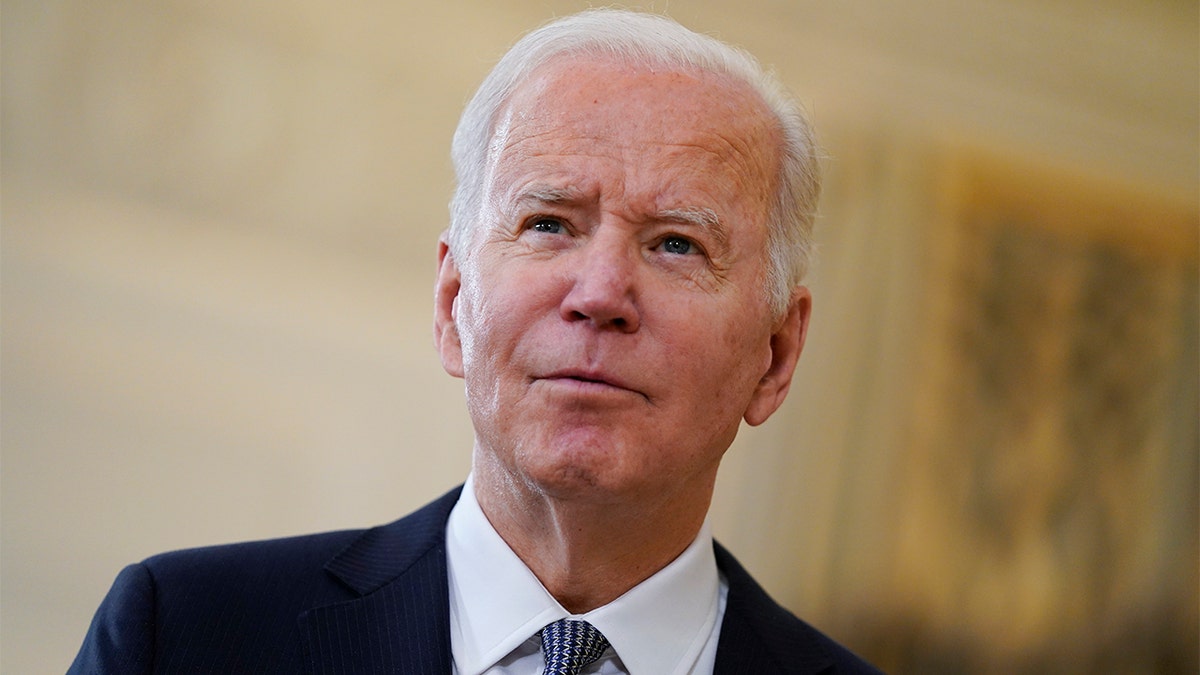CNN anchor blasts White House econ adviser over Inflation Reduction Act's name: ‘Could have named’ it something else
CNN host Kate Bolduan called out White House economic adviser Cecilia Rouse for the Democratic Party naming the massive new spending bill the Inflation Reduction Act when it seems the bill doesn’t prioritize lowering inflation.
President Joe Biden was blasted for his comments while signing the Inflation Reduction Act into law Tuesday.
The bill costs $739 billion and the nonpartisan Congressional Budget Office and Penn Wharton Budget Model estimate it will not reduce inflation, despite its name.
Biden was criticized by conservatives on Twitter for his support for the legislation during the signing.

President Joe Biden departs from Holy Spirit Catholic Church after attending Mass on Johns Island, South Carolina, on Aug. 13, 2022. (Reuters/Joshua Roberts)
Conservative commentator Ian Miles Cheong, a refugee from China, tweeted, "Orwellian. This might be the single largest transfer of wealth from the middle class to corporate and state interests since the pandemic policies bankrupted numerous small businesses."
"Not only are these people taking away your hard earned money, they’re killing your children’s chance of having any kind of comfortable future," he continued.
Cheong also criticized Biden's speech, which the president struggled to get through, tweeting, "It’s clear that Joe has dementia but no one in the media will point it out."
Guy Benson, a Fox News contributor and political editor of Townhall, tweeted, "Oh, a lot of ‘green’ special interests won. So did the IRS, big time. And when the IRS doubles, a lot of Americans don’t feel like winners."

President Joe Biden arrives to board Air Force One at Charleston Air Force Base in Charleston, S.C., on Aug. 16, 2022, to travel to the White House in Washington, D.C., to sign the Inflation Reduction Act of 2022 into law. (AP Photo/Manuel Balce Ceneta)
Sen. Tommy Tuberville, R-Ala., disputed Biden's claim that "no one earning less than $400,000 a year will pay a penny more in federal taxes."
"The CBO disagrees. Americans earning less than $400k a year are estimated to pay an additional $20 BILLION in new taxes. This Administration just lies…and the media covers for them. Every time," Tuberville tweeted.
James J. Carafano, vice president for foreign and security policy at The Heritage Foundation, tweeted, "This will be a dark day for everyday Americans that will bear the brunt of this big government law. How fitting to sign on anniversary of Afghanistan disaster that humiliated every single American."

President Joe Biden signed the Inflation Reduction Act on Tuesday. (AP Photo/Evan Vucci)
In July 2022, inflation stood at 8.5 percent compared to July 2021. Many Americans are struggling to pay their bills, and critics of the green energy agenda argue it is causing significant economic harm today for uncertain predicted benefits in the future.


